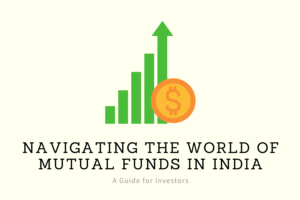5 Things You Need to Know About Regulating Bodies of Forex Trading

In spite of the enormous net worth of the currency exchange trade, there are minimal global regulations. Because of this, there are risks predisposing traders to scams. Forex market regulation seeks to supervise financial firms, brokers and protect traders. There is a need for tight rules to protect the vulnerable from exploitation by malicious witty persons. There has been a significant improvement in efforts to regulate FX trade and below are some of the things you should about the forex regulatory bodies.
Most of them are independent, self-regulating entities
The forex regulating bodies are mostly localized since they are not globally bound. Some can be set up by a legislative process and have a broader scope, for instance, the European Union on Markets in Financial Instruments Directive (2004/39/EC while others, for example, National Futures Association is self-regulated. Whichever the case, their role is very much limited, and you have to be witty and guided by your conscience to make the right trade decisions to gain maximally.
They have a varied scope
The extent of regulation by the Forex regulatory bodies differs from one to another. One trade practice can be permitted in one environment while not coherent in the other. Also, you may report ethics issues to a given regulatory body only to be turned away that the activities are permitted in the particular set up. The above situation presents an advantage as well as disadvantages; maybe this has been responsible for the continued disharmony in the FX market.
There are still several loopholes
Even with the efforts of different regulatory bodies to secure the market, there are still many fraudulent parties in the trade. You have to be very careful in every step you make and involve the right people in your investment. Choosing the right broker with the help from https://www.connectfx.org/ will be essential in achieving safety during your investment in the forex market. It is only through expert guidance that you will also be able to learn of some of the regulatory baits to avoid falling on traps that may bring you down.
Registration process
The rules depending on your locality may require trading companies to register with the regulatory bodies as a measure to bring sanity in the trade. It is common practice that many of the regulatory authorities will receive an application for the authorization before one commence the business. They will assess several factors before giving you a go ahead. Following successful registration, the company will be listed in the foreign currency exchange market and start transacting. After that, your trade will be monitored and regulated by the particular body; hence you must comply with their terms of business. The registration process is quite elaborate for most organizations.
Enforcing market regulation
If backed by the legislative process, the body will ensure that only the compliant companies trade in the FX market. They are responsible for supervision to weed out non-compliant traders and brokers. The supervision process is quickly evolving in the best interest of the consumer. The ideal control is a market-based assessment rather than a targeted approach which often turns out to be biased. If found liable, the trader is slapped with hefty fines or redress may be necessary.






